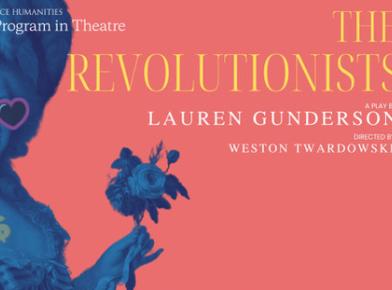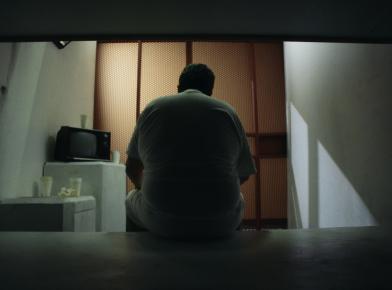About the Event
The School of Humanities Program in Cinema and Media Studies warmly welcomes everyone to virtually attend their inaugural lecture series, “Cinema and the (Post-)Human,” with guest speaker Dr. Jennifer Fay, Professor and Chair of the Department of Cinema and Media Arts at Vanderbilt University.
Prof. Fay’s research and teaching are broadly concerned with transatlantic film and media theory, environmental criticism, including critical Anthropocene studies, and the relationship between aesthetics and politics.
Dr. Jennifer Fay
“Do We Know the Anthropocene When We See It?”
Thursday, February 23, 2021 | 4PM CST
This webinar is free and open to the Rice community and public. Zoom registration is required.
For more information, visit here.
=================
Jennifer Fay is Professor and Chair of the Department of Cinema & Media Arts and Professor of English at Vanderbilt University. She is author, most recently, of Inhospitable World: Cinema in the Time of the Anthropocene (2018) and co-editor of a special issue of Discourse entitled, “Cinema, Modernism, and the Perplexing Methods of Stanley Cavell.” Her contribution to that issue is entitled “Must We Mean What We Film?: Stanley Cavell’s Candid Camera.”
About the lecture:
This talk is not about the obscenity of climate change or the perverse pleasures of watching environmental catastrophe (so-called climate porn). Instead, it takes the question of this title seriously in reference to a recent documentary Anthropocene: The Human Epoch (2019), one of the first films to explore with visual and conceptual rigor the proposal for this new geological designation. Taking viewers to scenes of extraction, urban expansion, and even extinction, this film gives rise to productive confusion about the sight and state of our planet, pointing (intentionally or not) to ways that the concepts and aesthetic categories we use to make sense of our contemporary image-world may belong to a prior epoch. Insofar as we may not always know what we are seeing, the Anthropocene, especially on film, is “conceptually devastating.” This talk will turn to other texts that linger in perplexity and uncertainty, and that model alterative modalities of environmental responsibility.



